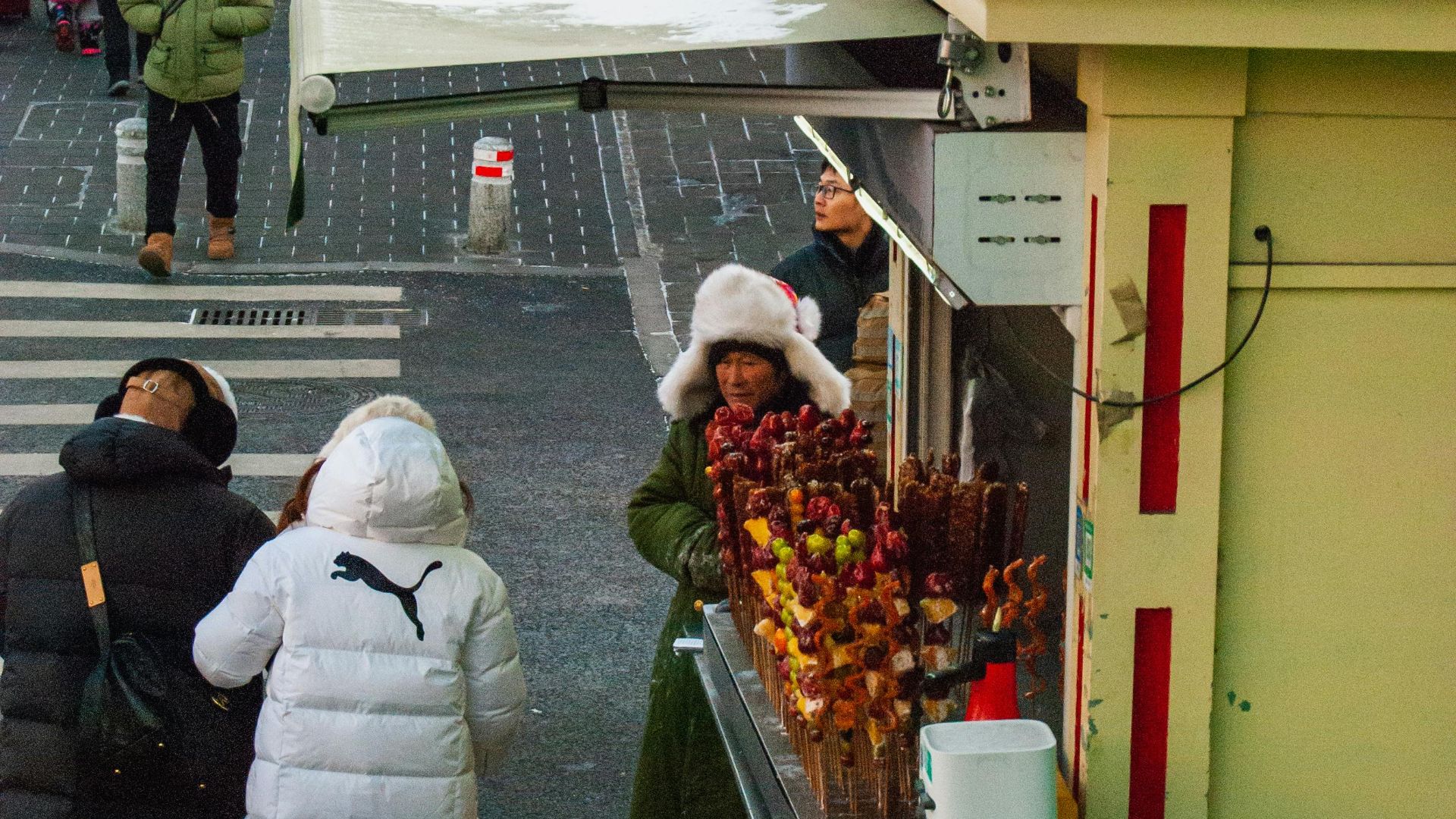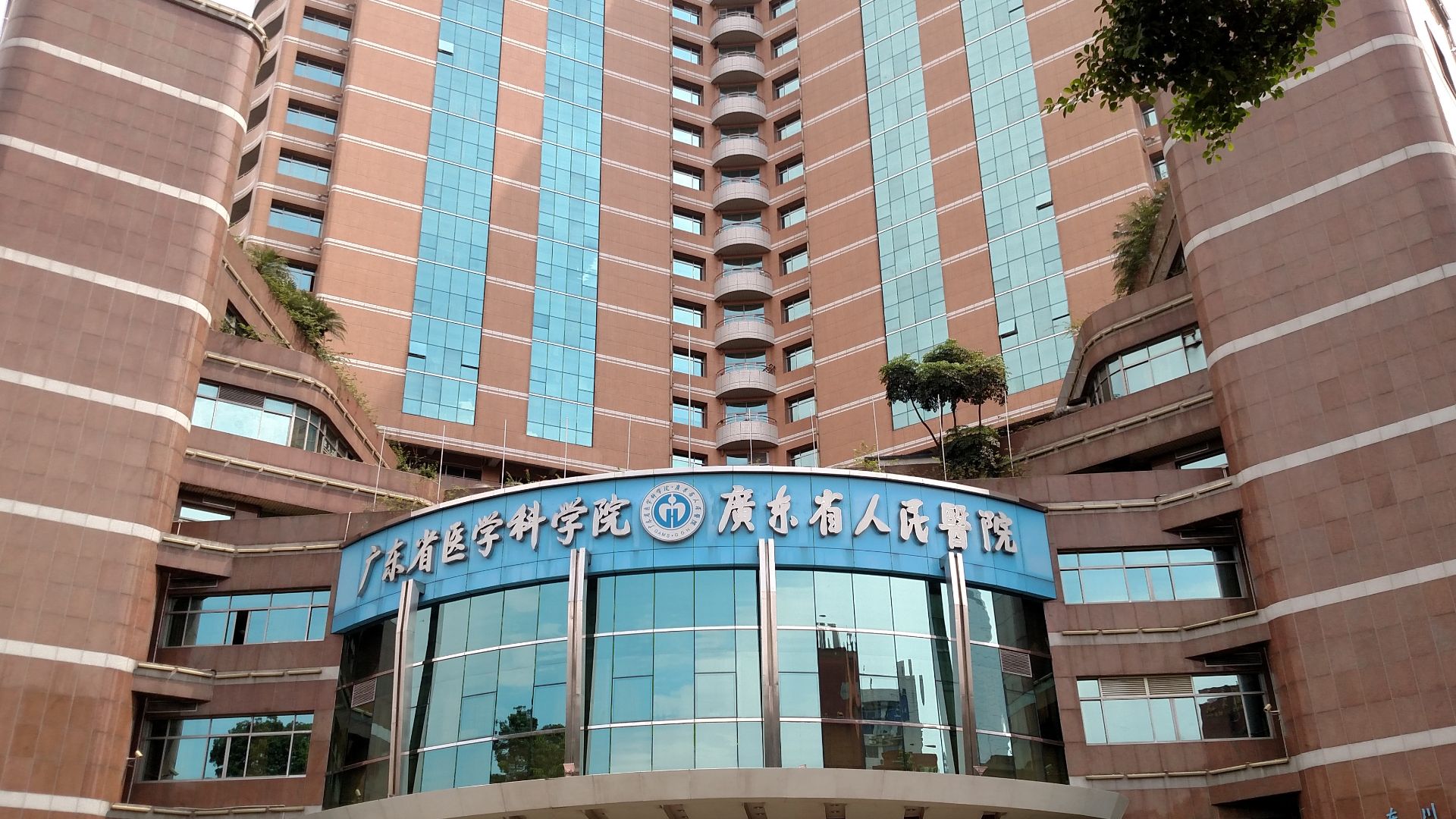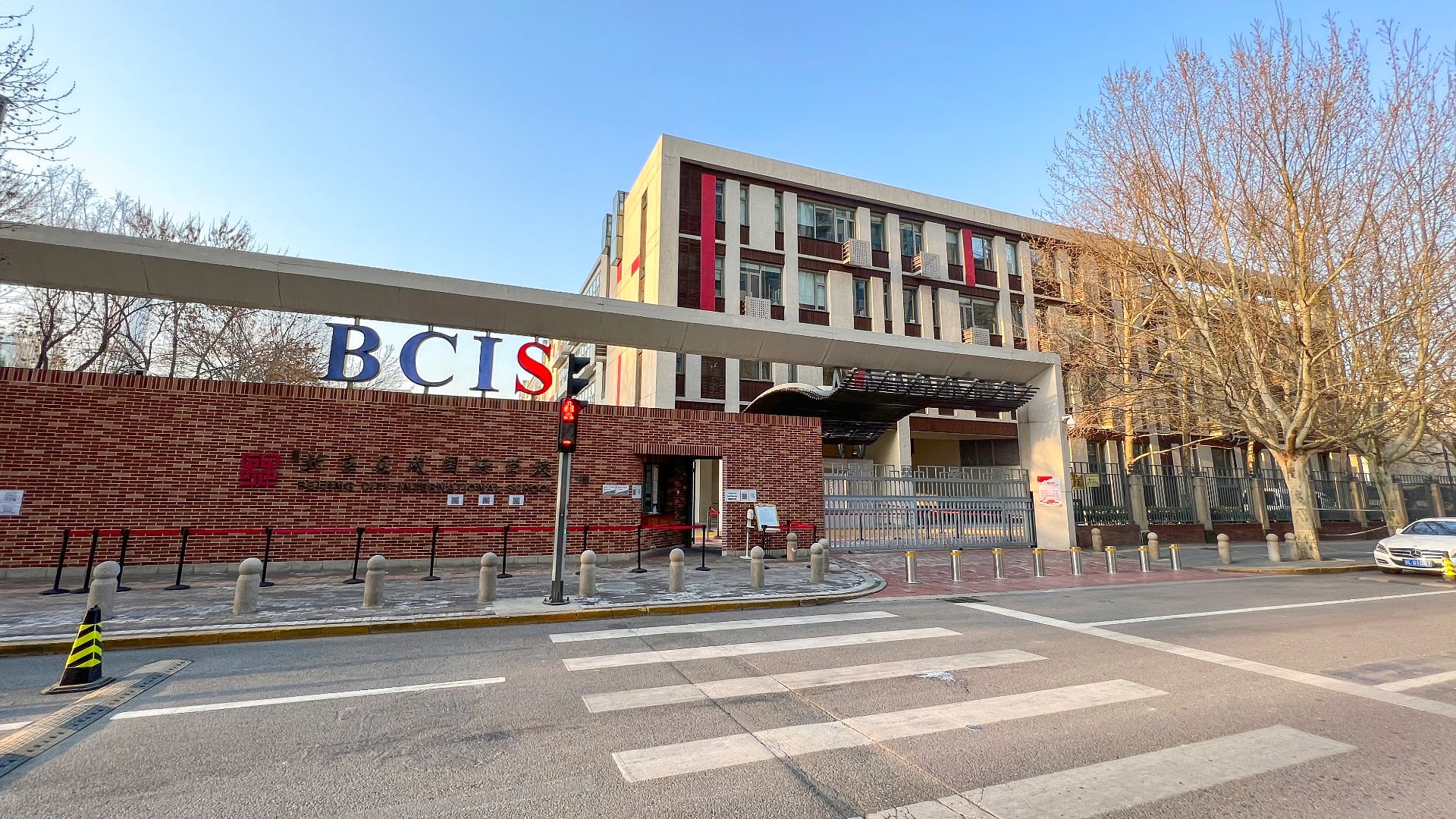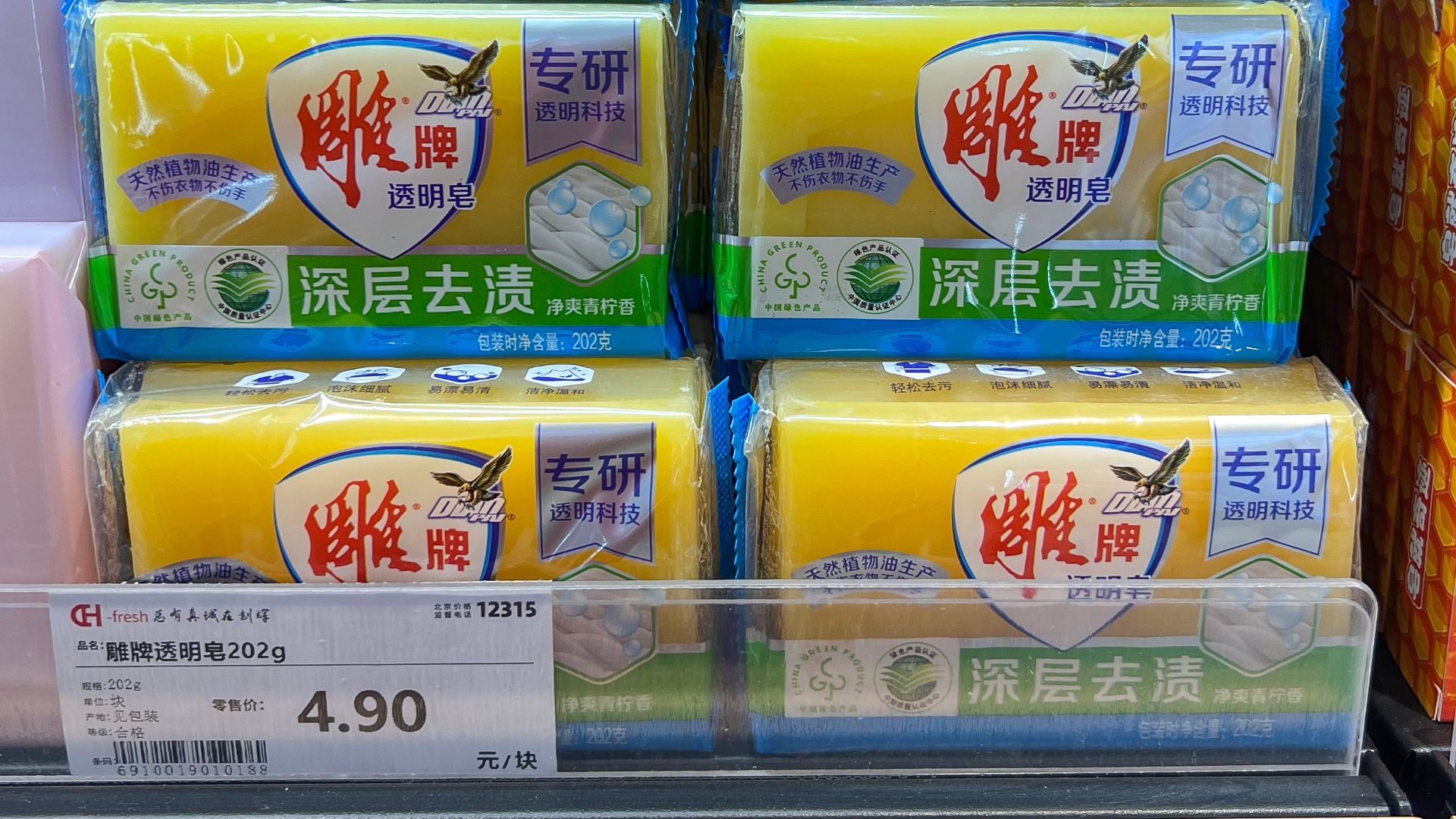Good Change Or Bad?
Prices don't stay the same when you relocate across the sea to an entirely different continent. Life in China follows a different rhythm, and your wallet notices it before your body.

Rent
In Chengdu, apartment living is the default. High-rise buildings shape the skyline due to city density and limited land. Most newcomers adjust quickly. As of mid-2025, one-bedroom city-center apartments typically rent for $314 to $451 (2,253–3,235 CNY), based on verified listings.
 Cost of Living in China 🇨🇳- Insane Apartment Complex Tour Down Town (Chengdu), Byanca G
Cost of Living in China 🇨🇳- Insane Apartment Complex Tour Down Town (Chengdu), Byanca G
Rent
That affordability stretches further. Outside city centers, rent now ranges from $182 to $250, and furnished units are common, with WeChat-based agents simplifying the search. Three-bedroom units in central areas now typically list between $637 and $644, a change driven by current supply and currency shifts.
Utilities
Monthly bills for electricity, gas, and water average $50.54 in China for an 85-square-meter unit, while US costs reach $207.90. That difference partly comes from capped rates that soften seasonal spikes. In colder areas, cities continually help cover heating, which eases winter expenses for many.
Utilities
China ranks 7th globally in mobile speed, so quality holds steady. A mobile plan with over 10GB runs $10.10, and high-speed internet averages $11.60 monthly. These lower costs make digital life more accessible and free up room in a budget already stretched abroad.
Groceries
Local markets often reveal how spending habits adjust. Chicken fillets cost about $1.50 per pound, and eggs go for just $1.60 per dozen. Rice rounds out the picture at $0.90 per kilo. Fresh produce continues to offer savings, too, with tomatoes averaging $0.52 per pound.
Groceries
Milk breaks the pattern, though. Local milk costs around $1.80 per liter in China, while domestic US brands typically sell for $1.10. In general, China’s food prices dropped 0.3% year-over-year since eggs went down 7.7% and milk 1.1% in 2025.
Dining Out
Street food can be a daily joy. Small bites normally cost under $1, and the variety spans from noodles to skewers. Sit-down meals are also gentle on the wallet, with casual options around $3. And a three-course dinner for two? Still under $25 in many places.
Dining Out
Those savings continue at chain restaurants and beverage stands. A Coke or Pepsi goes for $0.50, and a local beer costs around $1. Even a McDonald's combo, familiar to many travelers, costs only $4.80. These everyday sips and snacks quietly shift how spending adds up.
Transportation
Each morning, commuters fill sleek metro lines that run beneath cities like Xi'an and Wuhan. One ride usually costs $0.40, and monthly passes average around $21 (with variations up to $35 in cities like Beijing). Stations always stay clean, and the system is expanding across China's growing urban centers.
Transportation
Transportation beyond the metro includes budget-friendly choices as well. Electric scooters, ideal for short trips, cost just under $300. Gasoline averages between $1.10 and $1.15 per liter, which is influenced by regional market shifts and recent changes in global oil pricing trends.
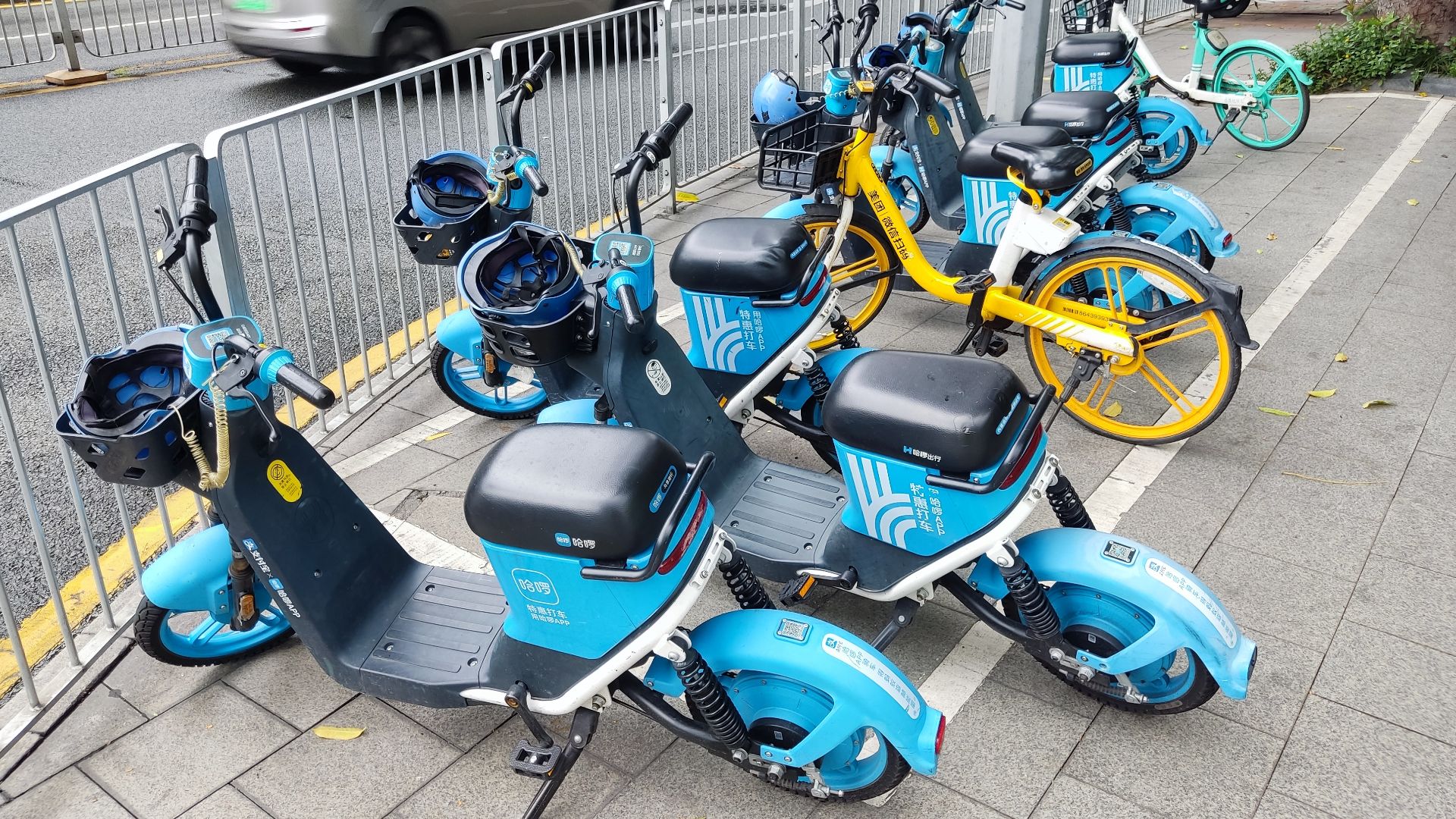 KAMYAN HONGWING, Wikimedia Commons
KAMYAN HONGWING, Wikimedia Commons
Healthcare
Expats mostly begin with employer insurance, which covers much of the care. If you choose public hospitals, they provide doctor visits between $20 and $40. Traditional Chinese Medicine is also available, often at reduced cost, and practiced openly alongside Western approaches across hospitals and community clinics.
Healthcare
At the pharmacy, savings still stand out. Locally produced generics in China cost 30–50% less than branded US drugs. However, 2025 tariffs raised prices on some imports by 10–34%. Dental cleanings range from $17–25, and rural mental health access remains limited despite growing urban support.
 Photo By: Kaboompics.com, Pexels
Photo By: Kaboompics.com, Pexels
Education
When families explore schooling in China, the decision isn’t all about cost. Public schools are free through the compulsory nine years, though bilingual help is rare. Private preschool averages $410 monthly, while international primary tuition climbs to $25,000–$45,000+, especially in top-tier city institutions.
Education
Urban public schools often come with better facilities and stronger English programs, compared to the challenges faced in rural institutions. Nonetheless, they keep improving through national funding. Across China, education remains highly competitive, especially in major hubs like Beijing, where academic pressure starts early and intensifies quickly.
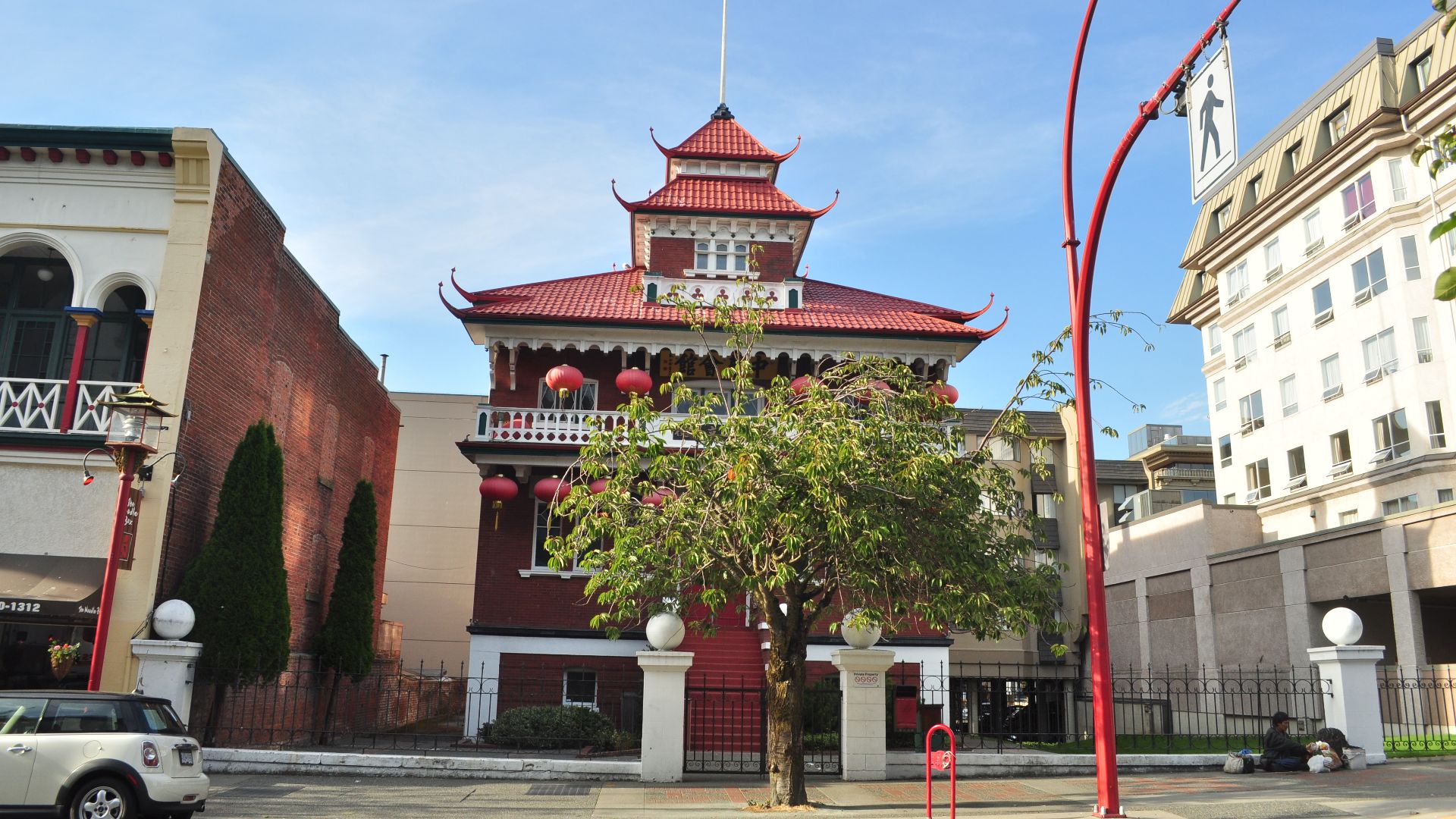 Joe Mabel (on Flickr as Joe Mabel from Seattle, US), Wikimedia Commons
Joe Mabel (on Flickr as Joe Mabel from Seattle, US), Wikimedia Commons
Entertainment
A weekend out might involve a park stroll or tea at a cozy shop. These activities cost little but offer plenty of joy. Even modern options like gyms and cinemas stay accessible as movie tickets cost around $6.20, and gym memberships $40.80 per month only.
Entertainment
Across cities, leisure still fits most budgets. A cappuccino usually falls near $3.10, while a beer typically costs about $1.09. If you play tennis, indoor courts typically rent for $14.80 an hour. These small comforts, though modestly priced, create space for enjoyment without putting pressure on daily spending.
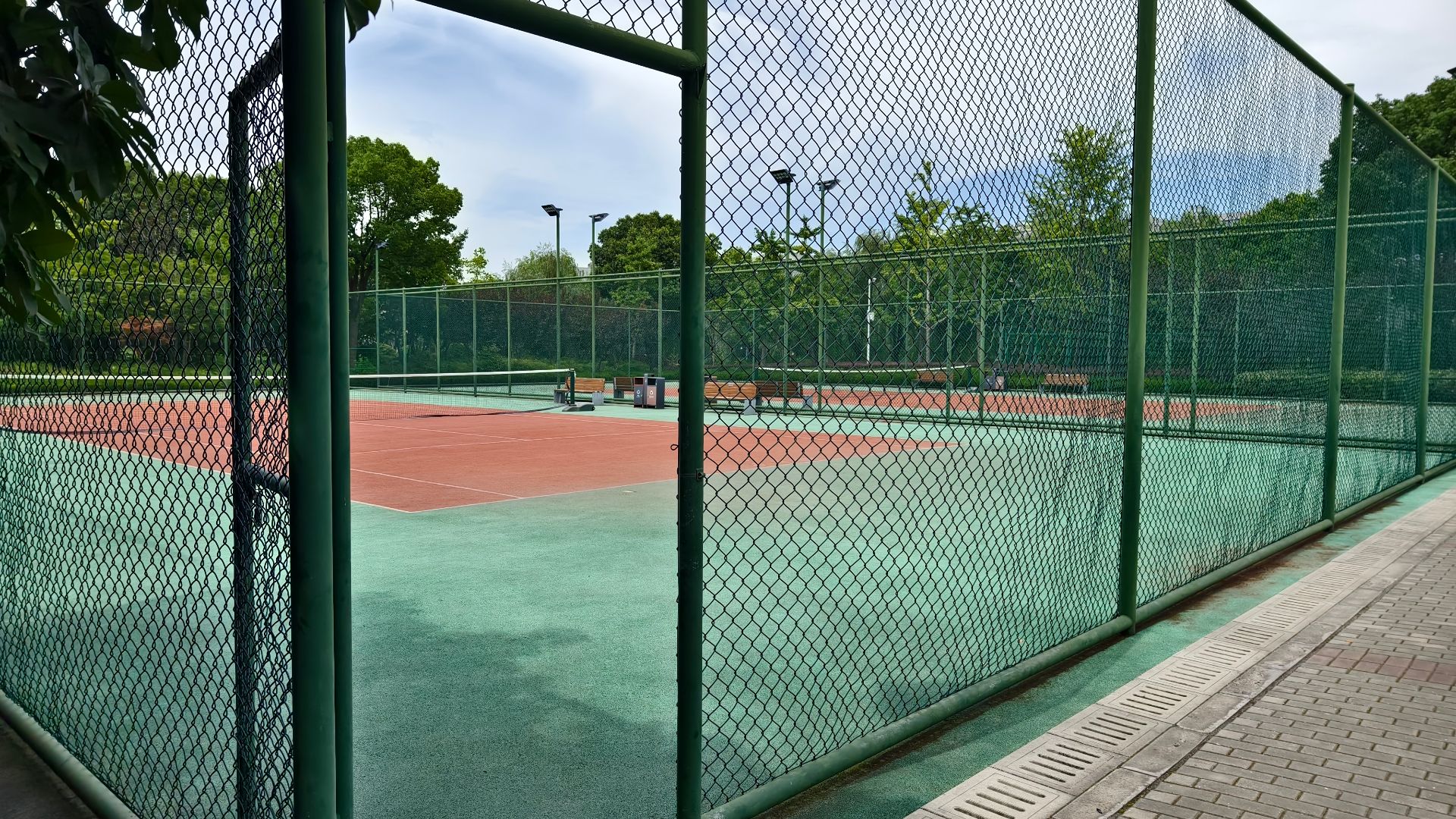 Karoke Cirno, Wikimedia Commons
Karoke Cirno, Wikimedia Commons
Clothing
A stroll through Taobao City or a local fashion mall reveals racks of stylish outfits for under $10. International brands also show smaller price tags. Levi's jeans average $48.23 in China, and an H&M dress costs around $31.67—that’s nearly half of what shoppers normally pay in the US.
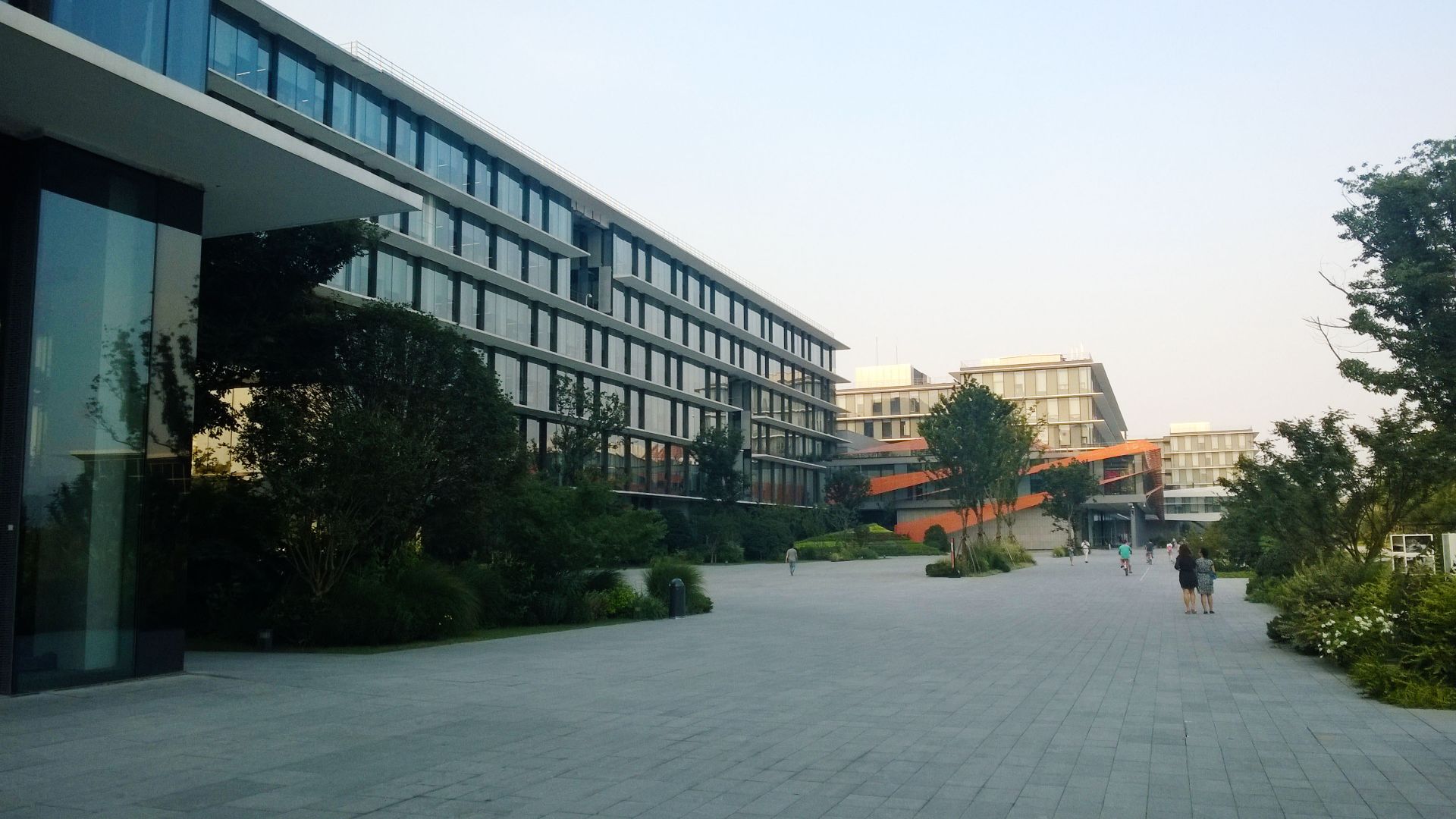 Danielinblue, Wikimedia Commons
Danielinblue, Wikimedia Commons
Clothing
Streetwear from cities like Guangzhou and Shanghai continues gaining attention worldwide. Many local brands keep prices under $30, which makes trends easier to access. Though tariffs raise import costs, shoppers still find room for global names in their wardrobes. For instance, Nike running shoes average $72.53 in China.
 Shanghai, The Fashion Capital of China by Duncan Lester
Shanghai, The Fashion Capital of China by Duncan Lester
Imported Goods
The first time many expats look for peanut butter, they realize it isn’t a local staple. An imported jar now sells for $8 to $12 in specialty stores. Imported milk ranges from $7 to $9 per gallon, but know that both are affected by steep 2025 tariffs and distribution costs.
 OMSISAOTP Tzeto8, Wikimedia Commons
OMSISAOTP Tzeto8, Wikimedia Commons
Imported Goods
Tariffs escalating up to 145% in 2025 from both sides on specific goods, such as US food imports to China, have driven prices up by 20 to 50 percent. When combined with logistics and customs fees, global brands now appear on shelves with noticeable markups.
 High-End IMPORT SUPERMARKETS in China | Shopping for Imported Goods in Chengdu by Austin In China
High-End IMPORT SUPERMARKETS in China | Shopping for Imported Goods in Chengdu by Austin In China
Savings Potential
Living in China leaves more room in the monthly budget. Once rent is set aside, everyday expenses usually land between $450 and $650, when in US cities, those same basics can cost over twice as much. This lets some expats set aside hundreds each month.
 Photo By: Kaboompics.com, Pexels
Photo By: Kaboompics.com, Pexels
Savings Potential
Plenty of expats find that savings open new doors. Rather than stretch every paycheck, they take Mandarin lessons or sign up at a gym. Mid-2025 data from MyLifeElsewhere and Numbeo estimates six months in China may free up $3,000 to $4,200 in discretionary income.
Daily Tech & Household Costs
Digital essentials come at noticeably lower prices in China. A smartphone ranges between $280 and $350, compared to $650 in the US. Locally assembled laptops hover near $620. And with streaming and cloud storage combined, monthly digital access rarely exceeds $10 total.
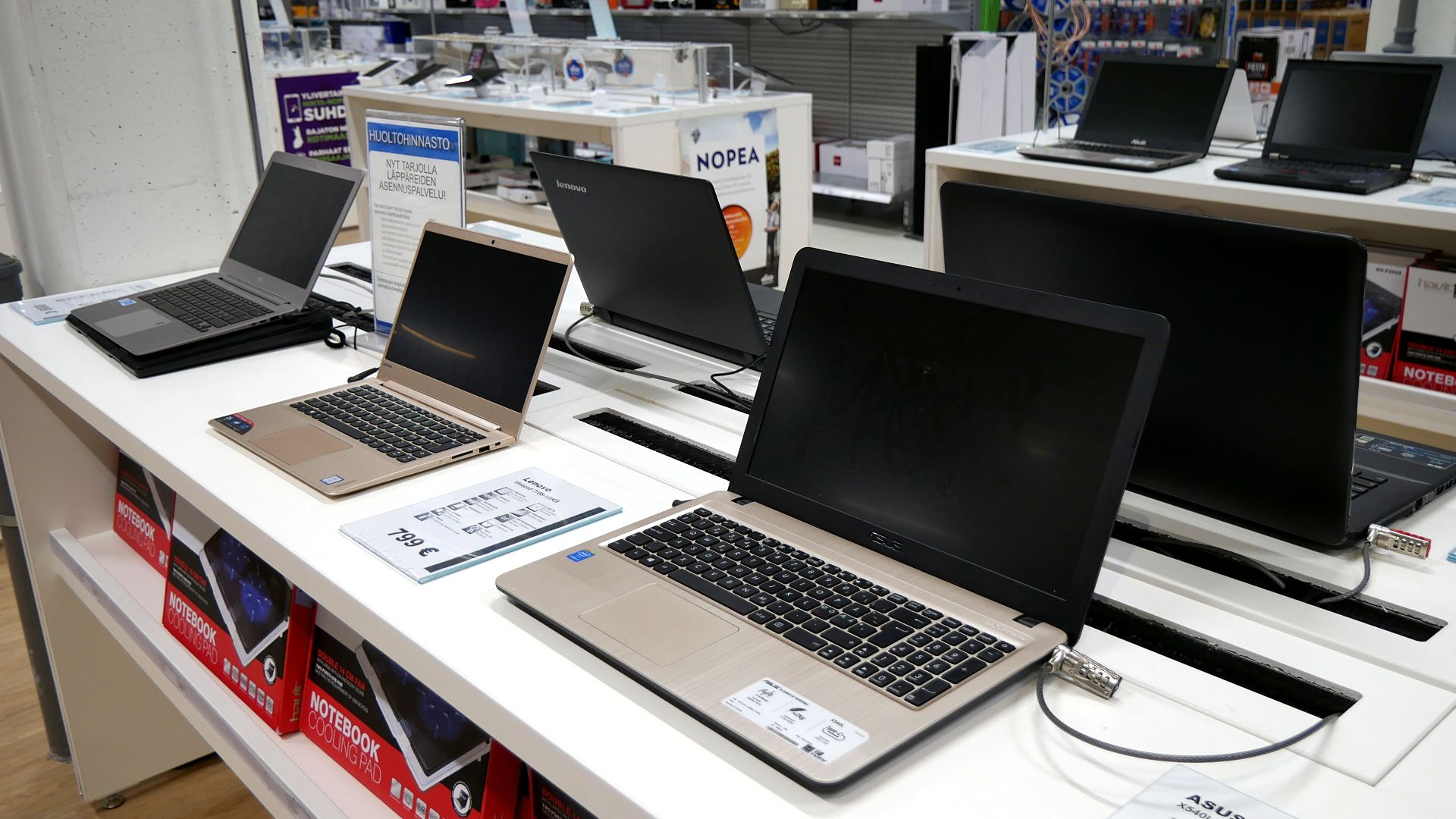 Santeri Viinamäki, Wikimedia Commons
Santeri Viinamäki, Wikimedia Commons
Daily Tech & Household Costs
Across daily routines, household essentials in China remain easy on the wallet. Laundry detergent usually runs around $3.10, while toilet paper packs cost about $4.20. Refillable dish soap stays near $1.40, and LED bulbs, widely produced locally, typically sell for just $1.90. All in all, China seems like a fair tradeoff.







